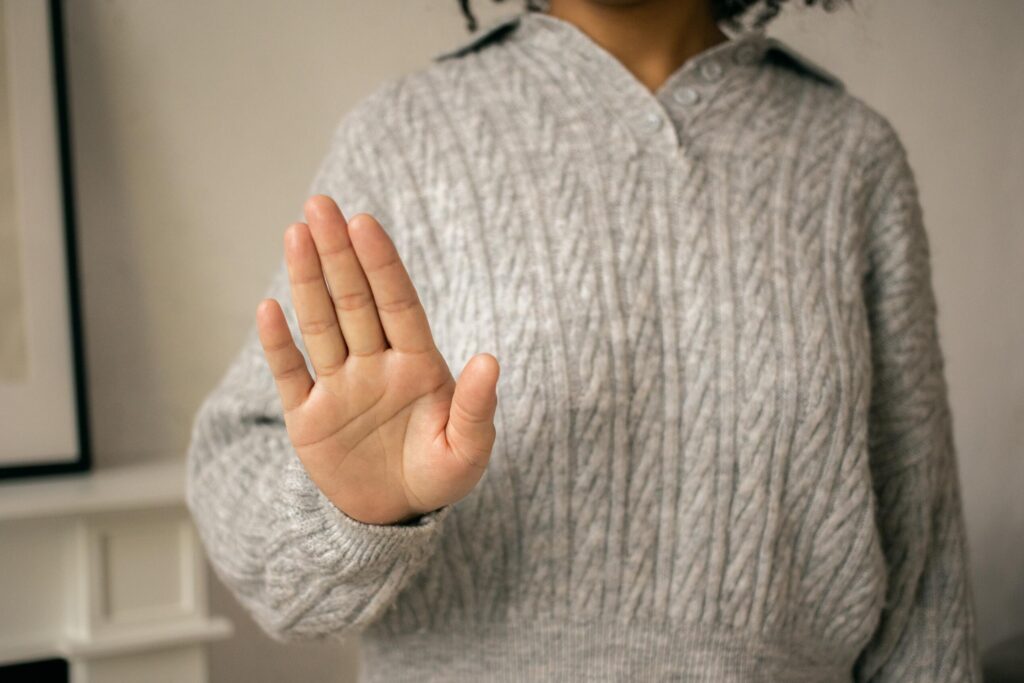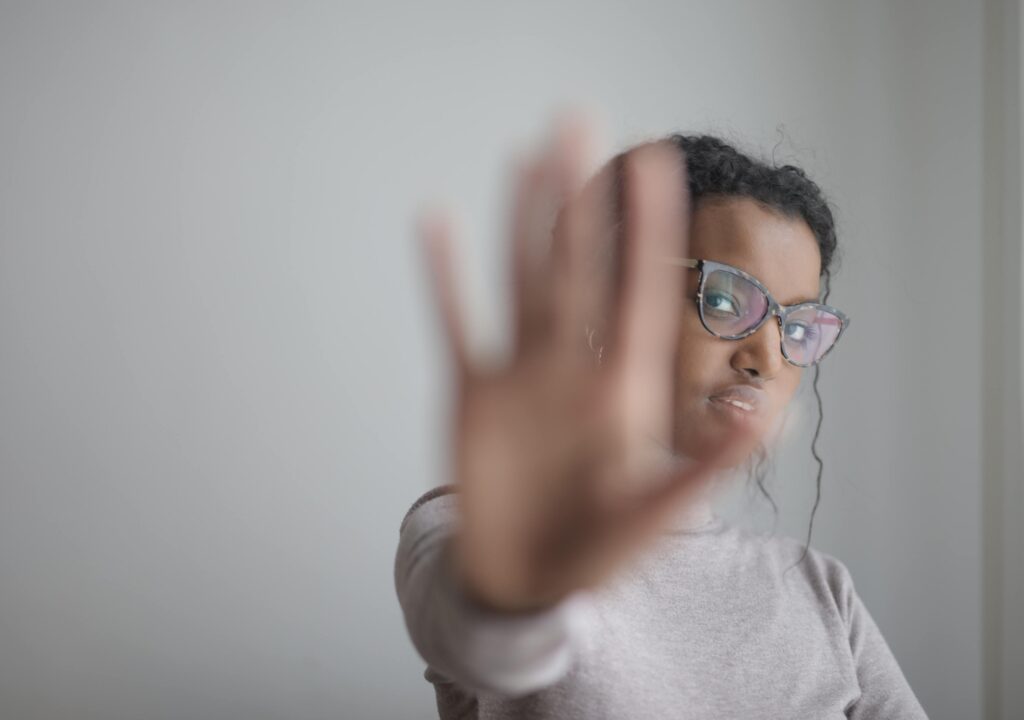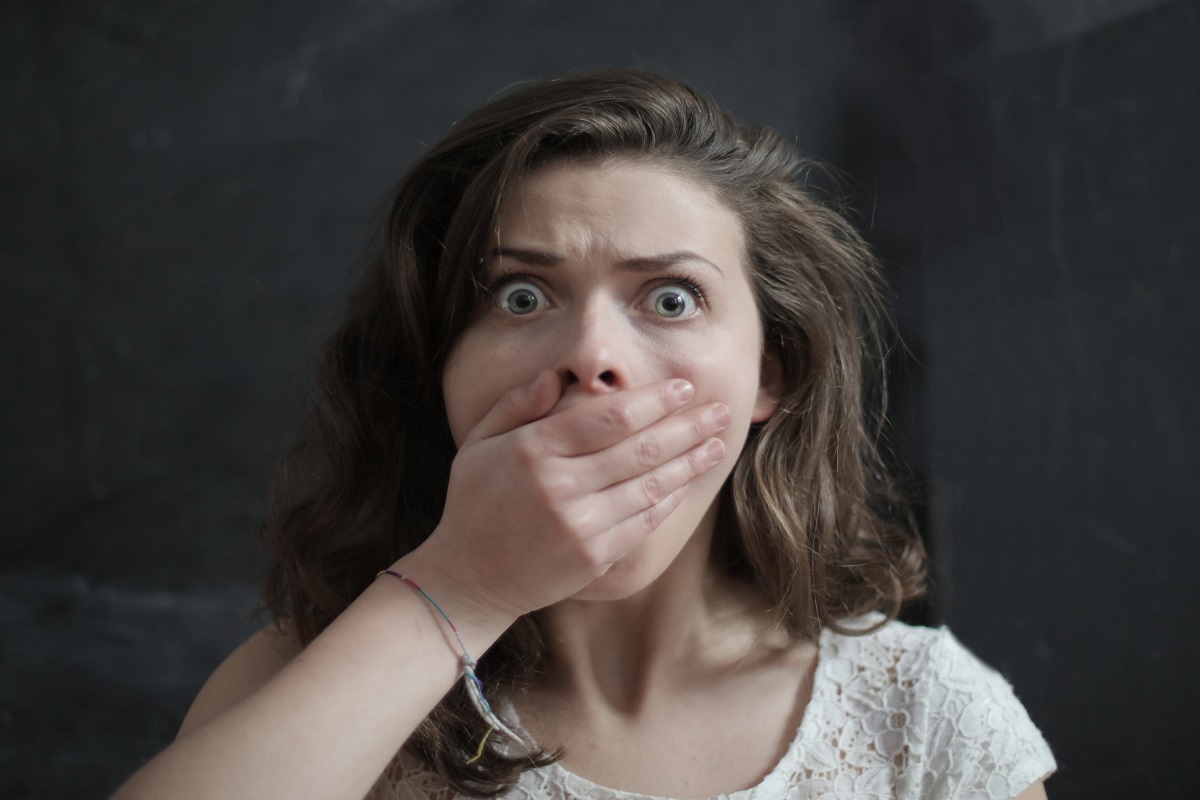Swearing at every little thing has become a habit for some people. Some people are so rooted in their habit; that they don’t even realize they’re doing it. It can become an unconscious thing, and that’s when it becomes a real problem. They let loose a barrage of swear words at every little thing that goes wrong. But why do people swear in the first place?
There are a few reasons why people might start swearing. It could be an attempt to sound harsh or aggressive. It could also be a way to release tension or anger. For some people, it’s simply a habit that’s hard to break.
Whatever the reason, excessive swearing can be a real turnoff for other people. It can make you seem uneducated and crass.
It can be challenging to break the habit, but it is possible. Swearing may temporarily release pent-up anger or frustration, but it ultimately does more harm than good.
Cursing or swearing can be offensive and turn people off, especially if they don’t share your language. It can also make you look unprofessional or uncouth. If you’re fed up with your foul mouth, you can do a few things to curb your cursing habit.
Before we go over specific techniques to stop swearing, let’s take a look at some of the reasons why people swear in the first place.
This blog post is detailed, and we will be sharing with you 10 reasons why people swear and 9 techniques on how to stop cursing;
Reason 1: Swearing is a habit
Swearing is often a learned behavior. Growing up in a household where cursing was the norm, you likely picked up the habit yourself. Likewise, if your friends swear frequently, you may have started swearing to fit in or seem cool.
Cursing can also be a way to let off steam or express strong emotions. When we’re angry, upset, or stressed, we may resort to swearing to release our frustration.
Over time, swearing can become second nature, and we may not even realize we’re doing it. But just because swearing is a habit doesn’t mean it’s impossible to break.
Reason 2: Swearing feels satisfying

Have you ever noticed how good it feels to swear? That’s because swearing triggers the release of dopamine, a neurotransmitter that makes us feel good.
This is part of the reason why swearing can be addictive. When we swear, we get a quick burst of pleasure that can be hard to resist. But just because swearing feels good doesn’t mean you have to give in to the urge.
There are many other ways to get a dopamine rush without resorting to profanity. Exercise, listening to your favorite music, or eating your favorite food can all provide a similar sense of satisfaction.
Reason 3: Swearing is cathartic
In some cases, swearing can be cathartic. This means that it can help us relieve negative emotions like anger, fear, and frustration.
Swearing can help us feel better in the moment, but it’s not a long-term solution for dealing with negative emotions. If you find yourself swearing frequently, it may be a sign that you need to find healthier ways to cope with stress and anger.
Some people may find that journaling, talking to a therapist, or listening to calm music helps them deal with negative emotions more productively.
Reason 4: Swearing is empowering
For some people, swearing can be empowering. It can make us feel like we have control over our emotions and situations.
When we swear, we may feel like we’re taking charge of a situation or standing up for ourselves. But swearing is not always the best way to express our emotions or deal with difficult situations.
There are other ways to be assertive and decisive without using profanity. You can be firm and direct in your communication, stay calm under pressure, or use humor to diffuse a tense situation.
Reason 5: Swearing is fun
For some people, swearing is simply fun. It’s a way to let loose and has a little bit of fun.
Like anything else, swearing can be overdone or used too frequently. But if you’re only using cursing light-heartedly, there’s no harm in it. Just make sure that you’re not offending or angering people with your words.
Enjoy swearing in private, with friends who are also okay with it, or in situations where it’s appropriate. Just try to avoid using profanity in professional or formal settings.
Reason 6: Swearing is reinforcing
When we swear, we’re often reinforcing the bad behavior. Each time we swear, we’re more likely to do it again.
This is especially true if swearing is rewarded in some way. For example, if you curse and someone laughs, you’re more likely to do it again. Or, if you use profanity and get out of a tricky situation, you’re likely to keep using it.
Reason 7: Some people swear to be mean
Some people swear to be mean. They use profanity as a way to attack or insult other people.
This is the most harmful type of cursing, and it can be very damaging to relationships. If you find yourself using profanity to hurt or offend others, it’s time to reconsider your words.
There are better ways to communicate your feelings than by resorting to profanity. Try being honest and direct, speaking from the heart, or positive reinforcement.
Reason 9: Swearing is a sign of poor vocabulary
If you find yourself swearing frequently, it may be because you don’t have a good vocabulary. This means that you cannot express yourself constructively, so you turn to profanity as a substitute.
There’s nothing wrong with swearing occasionally, but if it’s your only form of communication, you may want to consider expanding your vocabulary. There are plenty of online and in print resources that can help you do this.
Reason 10: Some people swear to fit in
Finally, some people swear because they want to fit in. They think that using profanity is a sign of toughness or coolness.
But this isn’t always the case. Most people don’t find swearing attractive or cool. If you’re trying to fit in with a particular group of people, it’s better to try and emulate their behavior in other ways, not just by using their language.
There are many other ways to be unique and stand out from the crowd. You can be creative, expressive, and innovative – without resorting to profanity.
25 Techniques to stop swearing:

1. Deep breathing:
When you feel the urge to swear, please take a deep breath and hold it for a few seconds. Then release the breath and say or think, “I will not swear.” Repeat this a few times until the urge goes away.
2. Substitute words:
Swear words can be substituted with other words with similar meanings but are much less offensive. For example, “hell” can be replaced with “heck,” “damn” can be replaced with “darn,” and so on.
3. Count to 10:
If you feel like swearing, count to 10 before saying anything. This will give you time to calm down and think about what you want to say.
4. Talk to someone:
If you’re feeling angry or frustrated, talk to someone about it. Venting your feelings can help relieve the tension and stop you from swearing.
5. Exercise:
Exercise is a great way to relieve stress and anger. If you’re feeling angry, go for a run or do some other exercise. This will help take the edge off and stop you from swearing.
6. Distract yourself:
When you feel the urge to swear, try to distract yourself with something else. This can be anything from listening to music to reading a book.
7. Change the subject:
If someone starts swearing, try to change the subject. This can help diffuse the situation and stop the swearing from escalating.
8. Ignore it:
Sometimes the best thing to do is to ignore the swearing. This can be not easy, but it can be very effective if you can manage it.
9. Be more aware
The first step to breaking any bad habit is to become more aware of it. Pay attention to when and why you swear. This will help you identify your triggers and figure out how to avoid them.
10. Try a different approach
Try using a different word or phrase when you feel the urge to swear. For example, if you’re about to say “damn it,” try saying “dang it” instead.
11. Use positive reinforcement
Reward yourself each time you go a day, week, or month without swearing. This will help create a positive association with not swearing. Over time, you’ll be less likely to revert to your old habits.
12. Avoid the temptation
Remove anything that triggers your urge to swear from your environment. This could include avoiding certain people or places or keeping a swear jar handy to catch yourself each time you slip up.
13. Find a support group
There are many groups and forums online that can help you quit swearing. This is a great way to connect with others going through the same thing and get support and encouragement.
14. Practice patience
Breaking any habit takes time and effort. Be patient with yourself, and don’t get discouraged if you have setbacks along the way. Just keep working at it, and eventually, you’ll get there.
15. Seek professional help
If you’re struggling to break your habit on your own, consider seeking professional help. A therapist or counselor can provide you with tools and strategies to help you overcome your swearing habit.
16. Change your attitude
If you think of swearing as bad or wrong, you’re more likely to want to avoid it. Try viewing swearing as a harmless habit that you’d like to change instead. This will make it easier for you to focus on breaking the habit.
17. Use substitute words
Using different words or phrases in place of swear words can help reduce your urge to swear. Get creative and develop a list of substitutes that work for you.
18. Avoid stressful situations

Stress and anxiety are common triggers for swearing. If possible, try to avoid or remove yourself from stressful situations. This may not always be possible, but it can help reduce your urge to swear.
19. Be mindful of your body language
Nonverbal communication, such as body language, can also trigger swearing. Be aware of your body language and try to keep it under control when you’re around others.
20. Practice self-control
It’s essential to have self-control when trying to break any bad habit. When you feel the urge to swear, take a deep breath and try to relax. This will help you resist the urge and maintain control over your words.
21. Talk to someone you trust
If you’re struggling to overcome your urge to swear, talk to someone you trust about it. This could be a friend, family member, therapist, or anyone else to who you feel comfortable talking. Talking about your struggle can help you better understand it and find ways to cope.
22. Write it down
Keeping a journal is a great way to track your progress and determine what triggers your urge to swear. Write down each time you swear, along with the circumstances surrounding it. This will help you identify patterns and work on avoiding them in the future.
23. Practice self-compassion
When you make a mistake, be forgiving and understanding of yourself. Accept that you’re human and everyone makes mistakes. This will help you stay positive and motivated to break the habit.
24. Be accountable to someone
Tell someone about your goal to break the habit of swearing and ask them to help keep you accountable. This could be a friend, family member, therapist, or anyone else to whom you feel comfortable talking. Having someone to report to can help keep you on track and motivated.
25. Avoid stress triggers
Stress is a common trigger for swearing. If possible, try to avoid or remove yourself from stressful situations. This may not always be possible, but it can help reduce your urge to swear.
In conclusion
How to Stop Cursing? To break the cycle of swearing, try to find alternative ways to get the same results. If you’re angry, try exercise or meditation instead of swearing. If you’re trying to be funny, try telling a joke instead. And if you’re trying to get out of a difficult situation, try using your words instead of resorting to profanity.
Swearing is a common habit, but that doesn’t mean it’s impossible to break. If you’re tired of swearing, there are plenty of reasons to quit. Swearing can be offensive, addictive, and empowering. It can also be cathartic and fun. But ultimately, it’s up to you whether or not you want to continue using profanity. There are many other ways to express yourself without resorting to swearing. So if you’re ready to break the habit, there’s no reason you can’t do it. Just remember to be patient, and take it one day at a time.


